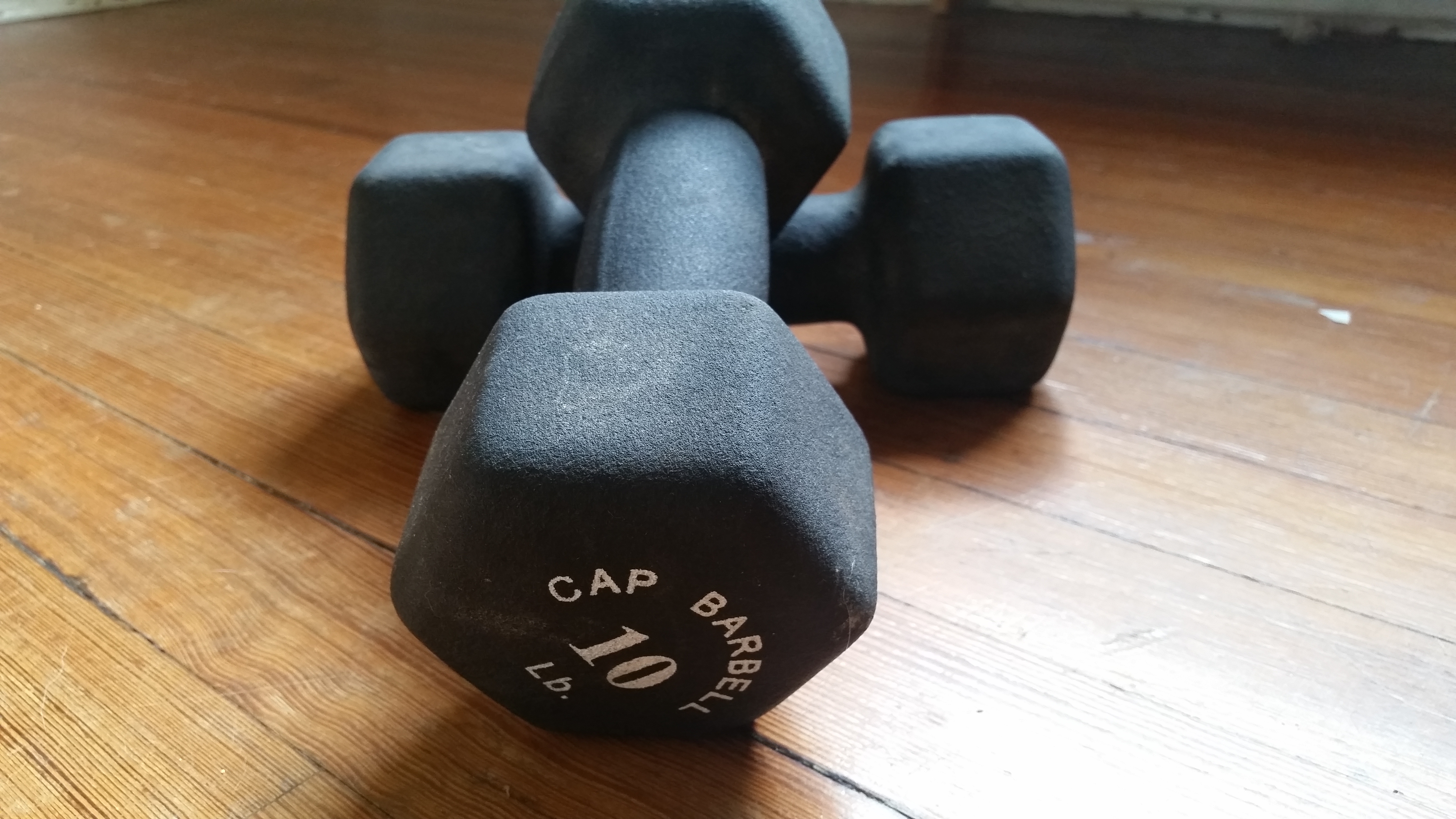Taper week can do some crazy things to runners. Some people feel nervous and anxious about the big day. Without as much running scheduled to ease the mind, nerves can get a bit frazzled. We worry about losing fitness and gaining weight, we obsessively stalk the weather forecast, and we stress about making sure every last detail is taken care of.
We get the taper tantrums.
As a running coach, I get a lot of questions about taper week. Every individual responds to taper a little differently, but there are some basic rules that may help the time go by a little easier, without losing your mind.
What should you eat? How do you carbo load?
This is one of the questions I get the most. As a general rule, you do not want to change things up too much in the week before your race because it is not enough time for your body to adjust. Taper week is not the time to experiment with a radical new diet or stuff yourself with pasta. You should eat a normal, healthful diet of whole foods, especially plants, just like you should all year round.
Because you are running less during this week, you are not exhausting your muscles’ glycogen stores so they will stay full from a plant-rich diet.
If you are data-driven and need some actual numbers, Runners Connect recommends that you eat 3-5 grams of carbohydrate per pound of bodyweight during taper.
Every morning, I eat the exact same thing: 2 slices of my homemade whole wheat sourdough bread, lightly slathered with almond butter and jam. Making homemade bread is something that I just love to do and it’s a great way to fill some restless time during taper that I normally would have spent running.

But I’m careful not to go overboard with the bread. The main sources of my carbs this week are starches (potatoes, sweet potatoes, and bananas), fruits and veggies, legumes, and whole, unprocessed grains. The day before the race, I’ll choose those with a little less fiber for easy digestion, making sure that my biggest meal is lunch and not dinner.
When do I back off strength training?
Again, you should not be trying to change things up too much from normal during taper, just back off the length and intensity. So if you normally strength train twice a week, you should still do that, but your routine should be shorter, with fewer reps and lighter weights (if any). You should never lift to fatigue during taper. Remember, you will not gain any fitness taper week. You are simply going through the motions so that your body is tricked into thinking everything’s normal.

Should I be this tired? I thought taper was supposed to make me feel better!
Some of us just don’t feel good during taper. Some people even start to get sick because the immune system lets its guard down after months of hard training.
Not feeling great happens to a lot of us because it take 10-12 days to fully recover from hard workouts, which means you are not going to suddenly feel fresh and peppy.
If you do get sick, here are some great tips from elite marathoner and my colleague, Tina Muir.
Should I schedule a massage?
Be careful with this one. If you normally get weekly massages (lucky you!), then staying with your routine is probably the best plan, as long as you let your therapist know to take it easy on you this week.
But if you do not have a regular massage routine, this is not the time to start. Massages are wonderful, but they can also leave you sore, which is the opposite of what you want.
What should my goal pace be?
You should already have determined your goal pace at least a couple weeks before your race so that you get a chance to practice and perfect it.
As much as we runners love round numbers and big goals, that’s not the best way to choose your goal pace. For anything but your very first marathon where you are simply trying to finish, goal marathon pace should feel a step harder than easy. The more experienced you are at the marathon, the more you can push the effort level. If you’ve had a good 12-16 week build-up, the goal pace should be something that felt pretty hard the first few weeks, more manageable in the middle, and good (but still a little scary) toward the end.
If you’ve had a less-than great build up, you’ll want to be a bit more conservative.
I love this article that has an assessment about whether or not you are ready for your goal pace.
This is my seventh marathon taper and I’m feeling surprisingly calm and relaxed this time. It’s as if I have nothing more than a long run on the books for this weekend. It’s not that I don’t care about the race this weekend–I most certainly do–but this time, my perspective has changed. For the better.
Part of this comes from experience. I’ve been through this before and I know that allowing myself to stress about the race for an entire week does nothing but harm. I am determined to run this race to the best of my ability which includes sticking to conservative speed limits in the first half and then just seeing where my legs will take me.
With any luck, it will be my best race yet.

